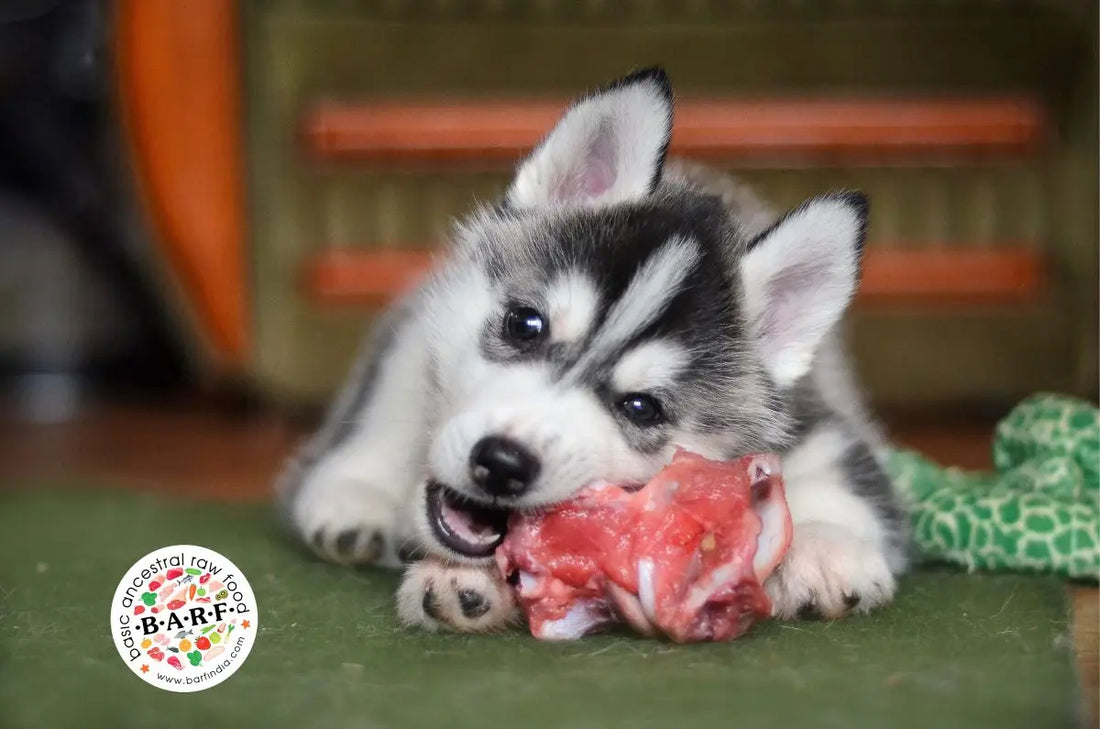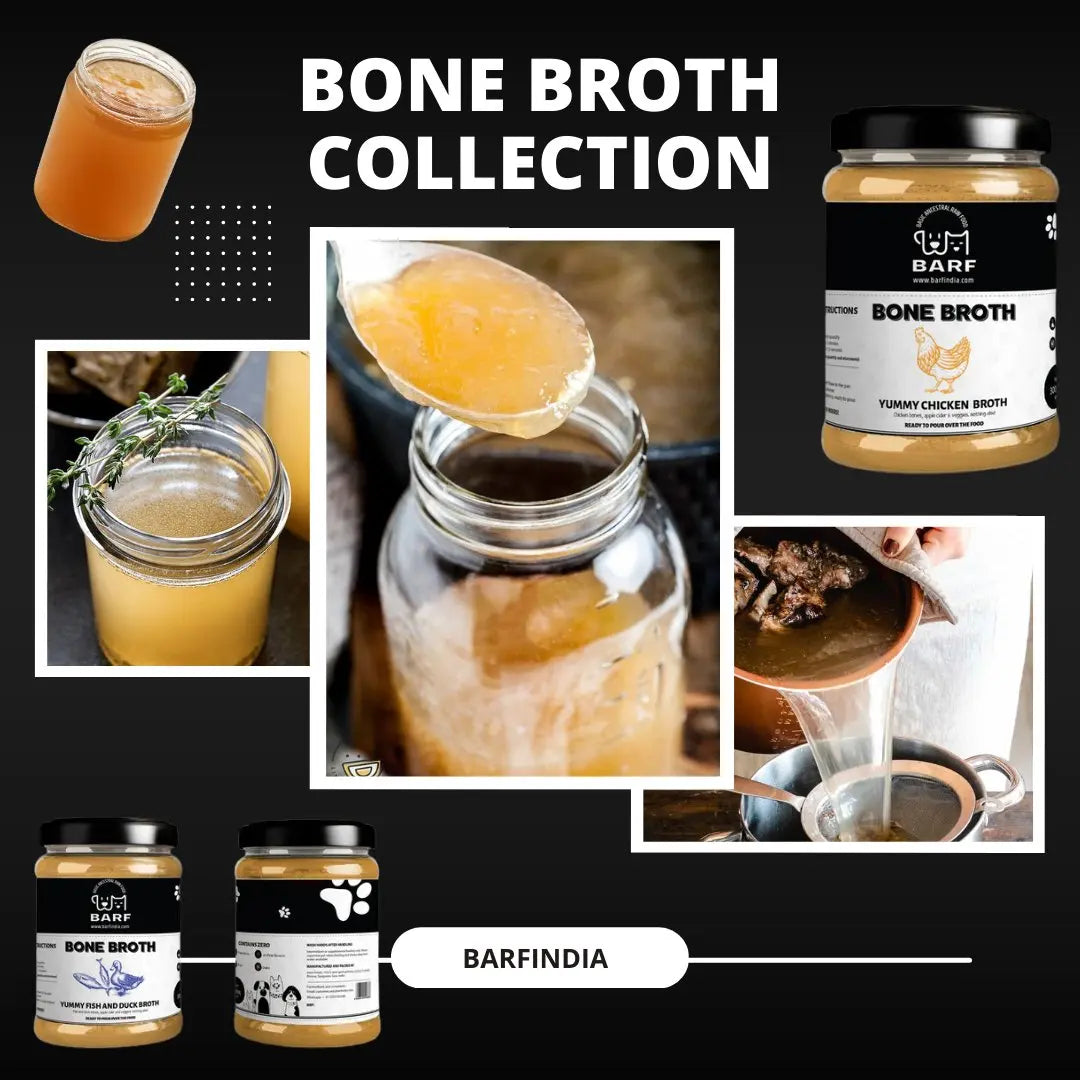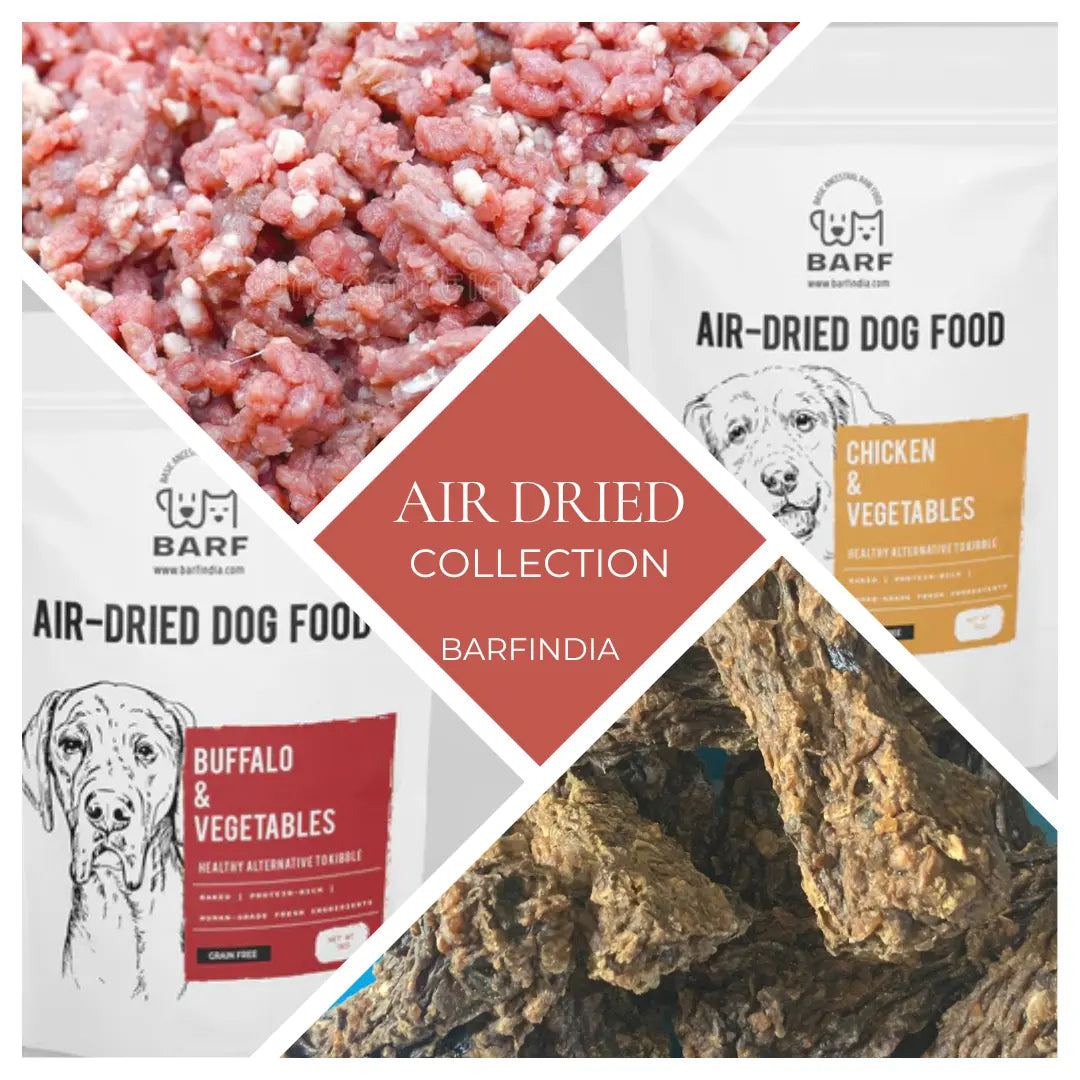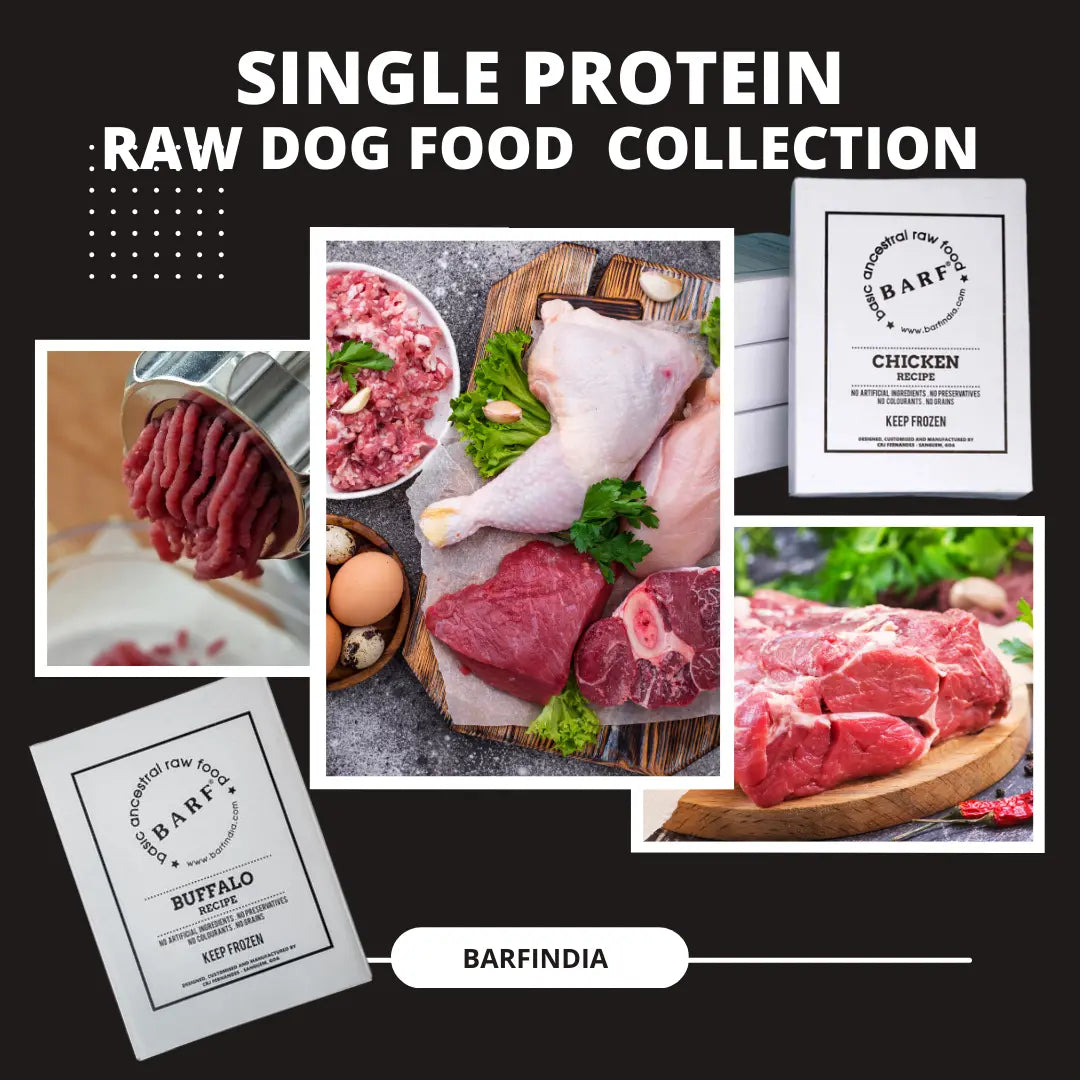
Here’s why your dog has bad breath
B.A.R.F. India AdministratorHere’s why your dog has bad breath
Dogs are known for their get-in-your-face personalities. Don’t get us wrong. We love them for that. They are exuberant, loving and do not hesitate to let you know they are feeling. What they cannot do is let you know when something is wrong. And that is why this too-close-for-comfort personality helps. When you play or interact with a dog, you cannot avoid getting a whiff of the breath. Let’s face it; dogs aren’t really known for their sweet-smelling mouths. However, bad breath can be more than just an unpleasant experience. A dog’s breath is often a good indicator of what’s happening inside, especially if it smells like ammonia or dead fish. Ugh! You can clean your pooch’s mouth with a simple tooth brushing, but there are times when a trip to the vet is called for. Here are a few reasons your dog could be suffering from bad breath.
#1. Dental or gum disease
Bad breath (called halitosis) in dogs could be the result of a dental condition, perhaps gum disease or infection, or even tooth decay. You can do a cursory check at home too. Lift the lip and check if the gums are red and inflamed. Look for excessive tartar build-up. Do note that some issues can’t be spotted with this check, especially cavities below the gum line. While your vet must do a dental check during the annual examination, it doesn’t hurt to make an appointment in between if you suspect any dental issue.
#2. Organ disease
Another reason for bad breath could be metabolic diseases such as kidney disease or liver failure. In such cases, your dog’s breath will give out a distinct foul odor. When the kidney cannot perform at its optimal, the waste products that are meant to be eliminated the build up in the bloodstream instead and that can lead to breath that smells like urine or fishy ammonia. You cannot miss the smell of liver failure. Your dog will come to you with terrible breath that is called ‘Fetor hepaticus’ or the ‘breath of the dead’. Yes, it is that bad.
#3. A toxic substance
Dogs are natural scavengers, including the most purebred, and the sweetest-looking dogs. And that means they have this nasty habit of getting into stuff they shouldn’t. And eating it too! If your dog has ingested a toxic substance that smells bad, chances are the breath will smell bad because of that. Rush to your vet, as this might call for emergency treatment.
#4. Diabetes
Dogs can get diabetes too, thanks mainly to an incorrect diet and lack of exercise. If your dog’s breath smells sweet, almost like fruits, do not be glad. Diabetes is just as bad for dogs as for humans, and if left unchecked, it can suppress the dog’s immune system and encourage the growth of bacteria in the mouth.
#5. Foreign substances
Like mentioned earlier, dogs are curious by nature and get into all kinds of stuff, and trouble too. Not all the stuff that they eat is good for their body or their breath. Eating non-food items is one big concern. Many vets have had dogs come to them with objects like bones, sticks and fishing hooks stuck in their mouth, causing a foul smell in the dog's mouth. Eating undesirable things, like feces or long-dead animals can also lead to bad breath.
#6. Oral tumors
Oral tumors can also lead to bad breath. Blood vessels are unable to spread as fast as the tumor, and that causes dead areas in the mouth. Bacteria form over these dead areas and it is them that cause the foul odor. Keep an eye on any swelling or discoloration in your dog’s mouth, and at any hint of suspicion, get it checked out by your vet.
#7. Food
Foul-smelling substances can make your furry friend’s breath smell terrible. But did you also know that some dog-approved foods, like kibble, and some treats don’t help and can actually worsen the situation? While many believe that dry food is good to help keep your dog’s mouth clean and free of particles, wet food keeps the mouth moist and thus is good for the dog. However, dry or wet, processed foods disturb the natural levels of saliva and good bacteria in the dog’s mouth, often leading to bad breath. These foods contain chemicals, colors, and preservatives that are not good for your pooch in the long run. If your dog checks out healthy after a trip to the vet, then you can assume it’s the food that could be causing the bad breath.
If your dog has bad breath with a raw pet diet?
Raw pet foods have been shown to effectively treat and control bad breath in dogs. You must understand that dogs are carnivores and feeding them a diet that’s suitable for them is the first step towards treating their condition. A raw pet diet restores your pet’s digestive system’s physiological balance. Feeding your dog a high quality (human grade, unadulterated), fresh meat-and-organ based diet helps those systems return to their physiological balance. Conclusion You already know your dog’s breath and are the best judge to recognize any abnormal smells. If you feel something is amiss, and it is not because of something he ate, get him checked out by your vet at the earliest.





